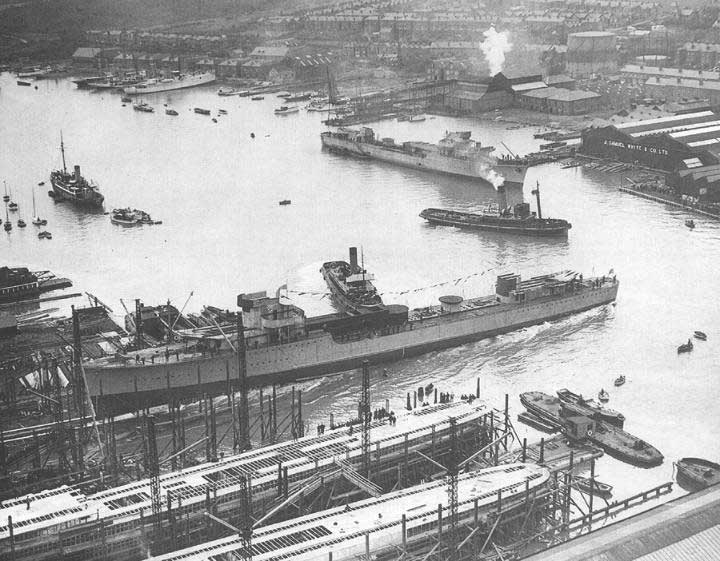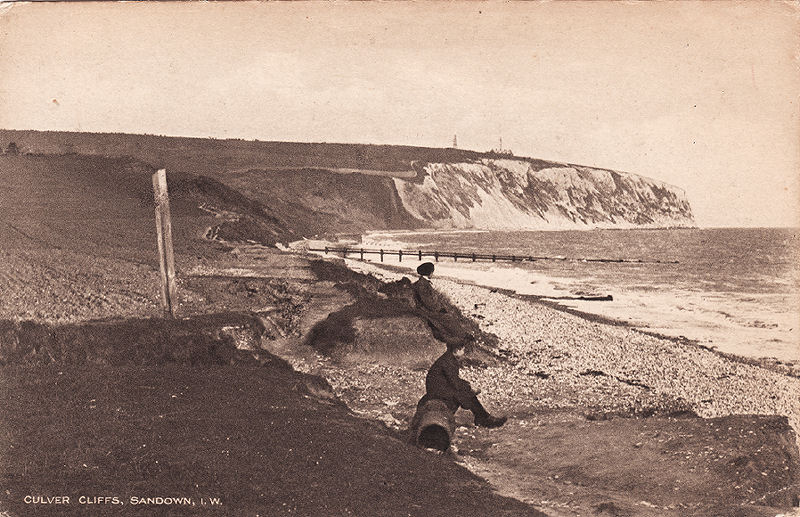This is the last entry I have transcribed from my father's wartime journal that has a definite date. There are some scraps of paper in between the pages that I will endeavour to decipher too...
Entry 10 - February 18th
Four and a half years ago when I first learnt that I was about to join White's, that career was shrouded in absolute mystery. Around it I wove a veil of romance. Three days in the drawing room office shattered the romance and broke my illusions, but, reviewing, in retrospect, those three and a half years once more I can feel the deeper feeling of respect for those traditions and institutions which have their basis in the office.
I can still remember that first whiff, a turgid, musty smell of old plans and papers along with unchanged air that came insidiously up the strongroom stairs as I watched Ginger, on my first morning there, open up the vault. I recall vividly the cricket and darts in the strongroom. The battles with paper pellets; being browned; holiday anticipation. All those things, which, at the time, seemed small and absurd but now contain, for me, a deeper meaning.
Personalities, too, return. The dominant, to us, tyrannous, Mr. Parker. The way he stalked in at 8:20am breaking up the happy era of mutual conversation with a brisk 'Good morning'. The way he turned round, resting on one elbow, to glare at some offender too long away from his board. Bill going in imperturbably, conscious, perhaps, only of his house, wide, garden and motorbike. Edgar: completely subservient to and docile under the pressing influence of the job in hand. The meticulous care of John Beasley, who talked French to me. Those fellows who worked because they were interested and keen and those who worked because it was the easiest solution of an unconquerable difficulty.
The atmosphere. The difference in the medium of the upper and lower offices. The sun and glazed cloth; drawn blinds and the upsetting of inkwells. The 'bog' with its pungent arcid aroma of stale tobacco pervading all other, probably more obnoxious, smells.
All these impressions and many more, too intangible and indefinite to be committed to paper, flash across my mind when I, in a new sphere, climb into flying clothes and parachute harness. I owe a tremendous debt of gratitude to the Drawing Office, the men and boys there for turning me from a callow youth into manhood. Now alienated from its environment I can judge its true merits with the ability that only complete detachment can competently give it.
It is indeed strange that two out of the triumvirate that held the lowest positions in the office in Aug '36 should have been failures, Ginger and myself (I wonder what happened to Ginger?). However, if I have failed Whites, Whites has not failed me for which I am grateful. It was inevitable I neither had the hereditary nor the environment which would have allowed me to be a success. Initially I was an outsider and an outsider I would have remained.
It has been indeed fortunate that I held no illusions concerning the Air Force. I never held any brief for the Services and never shall, but I firmly believe that while Whites made a man of me all the Services could add was the hardening, servility and scepticism necessary to face any eventuality the future might hold.
I value all those past associations with the whole office which now forms such lucrative food for thought.
Douglas George Banks 1920 – 1989 written in 1941
Index to the journal:
- January 7th 1941 - World War Two aircrew training day one
- January 8th 1941 - World War Two aircrew training day two
- January 9th 1941 - Isle of Wight - seeking sanctuary World War Two
- January 10th 1941 - Aircrew training 10th Jan 1941 - Books
- January 12th 1941 - ww2 training 1941 - what is the meaning of life?
- January 13th 1941 - World War Two aircrew training day six
- January 20th 1941 - ww2 Aircrew training - the eternal questions
- February 2nd 1941 - World War 2 aircrew training - ideas and ideals
- February 9th 1941 - From J Samuel White's to Wellington Bomber...
- October 10th 1941 - Wellington Bomber raid October 1941
- November 11th 1941 - Armistice Day reflection - to end all wars











